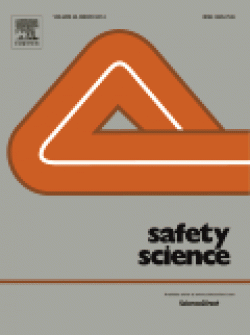Improving the resilience of metro vehicle and passengers for an effective emergency response to terrorist attacks

In the framework of the European FP7 project SecureMetro, the authors have studied the occurrences of terrorist attacks against rail-based vehicles, in particular Underground trains, with the goal to reduce the number of attacks by making transport systems a less attractive target. Many counter-measures have already been implemented in a multi-layered manner to increase the resilience to terrorism, such as depot security, detection of explosives or passenger screening. The SecureMetro project adds another layer aimed at mitigating the effects of an attack to the vehicles, should the other layers fail to avoid it. The case of interest, a metro train blocked in a tunnel due to a bombing, has been chosen as representative of the attacks perpetrated in the recent years, and of the most difficult case to cope with. Based on the experience of the 7/7 London bombings and other emergency situations, as well as the currently admitted behaviour models, this paper identifies critical systems and proposes improvements to the design of metro coaches, in order to improve the management of the emergency situation, assist the evacuation and rescue to passengers.
Paper produced within the framework of the SECUREMETRO - Inherently secure blast resistant and fire safe metro vehicles.
-
Details
in Safety science, Vol. 62 (February 2014), p. 37-45 -
ISBN/ISSN/DOI:
10.1016/j.ssci.2013.07.022


